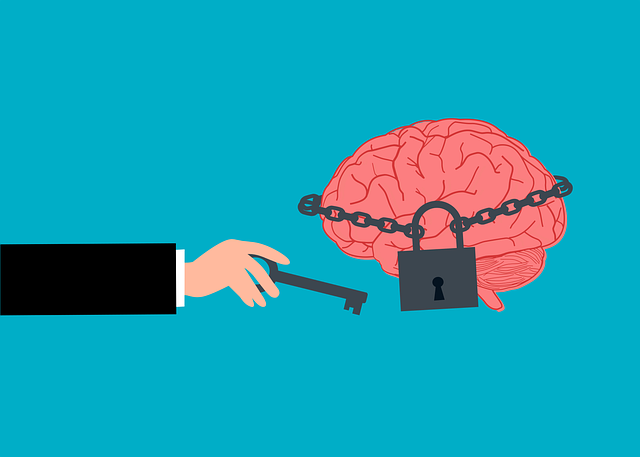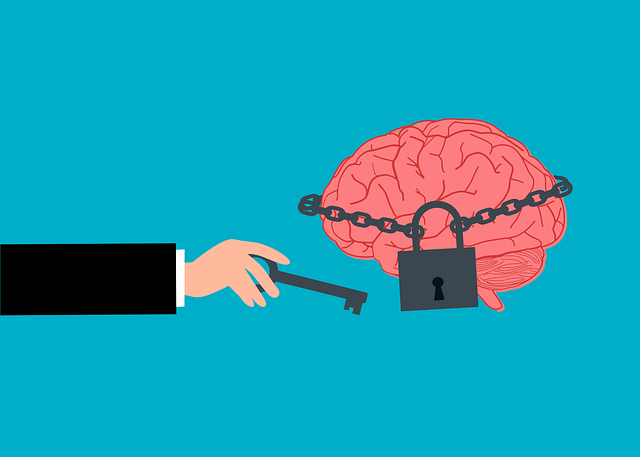Stress, a common modern life challenge, can become harmful when chronic. Denver Divorce Therapy offers support for individuals navigating life transitions like divorce, focusing on cognitive behavioral therapy (CBT), mindfulness, and emotional coping strategies. They promote holistic stress reduction through lifestyle changes such as exercise, sleep routines, and mindfulness meditation, coupled with cultural competency to serve diverse communities effectively. By addressing mental health policy advocacy and comprehensive resources, Denver Divorce Therapy aims to empower individuals to manage stress, improve well-being, and foster positive self-care practices.
Stress reduction is vital for maintaining mental health, and there are numerous effective methods to manage it. This article explores various strategies to mitigate stress, from understanding its profound impact on mental well-being to employing holistic approaches like Denver Divorce Therapy, which offers a unique perspective. We’ll delve into cognitive behavioral techniques and highlight lifestyle changes and self-care practices proven to cultivate a calmer mind.
- Understanding Stress and Its Impact on Mental Health
- Denver Divorce Therapy: A Holistic Approach to Stress Reduction
- Cognitive Behavioral Techniques for Managing Stress
- Lifestyle Changes and Self-Care Practices for a Calmer Mind
Understanding Stress and Its Impact on Mental Health

Stress is a natural response to demanding situations, but when it becomes chronic, it can significantly impact mental health. In today’s fast-paced world, many individuals face numerous stressors daily, from work pressures and financial worries to personal relationships and major life changes. These persistent high-stress levels can lead to various mental health disorders, such as anxiety, depression, and even more severe conditions. Recognizing the signs of stress and understanding its effects is the first step towards managing it effectively.
For individuals navigating challenging life transitions, like divorce, seeking support through Denver Divorce Therapy can be transformative. This therapeutic approach focuses on helping clients develop coping strategies, enhance resilience, and build inner strength (Inner Strength Development). By addressing the emotional toll of such events, it facilitates a path to improved mental well-being. Additionally, advocating for comprehensive Mental Health Policy Analysis and Advocacy ensures that individuals have access to the resources and services needed to combat stress and its associated mental health challenges, ultimately fostering greater confidence (Confidence Boosting) and resilience in daily life.
Denver Divorce Therapy: A Holistic Approach to Stress Reduction

Denver Divorce Therapy offers a holistic approach to stress reduction, addressing both mental and emotional well-being during challenging life transitions. This therapeutic method recognizes that divorce is not solely an emotional process but also significantly impacts overall health. Therefore, it incorporates various techniques such as cognitive behavioral therapy, mindfulness practices, and emotion-focused strategies tailored to each individual’s unique needs. By engaging in Denver Divorce Therapy, individuals can develop effective coping mechanisms for stress management, enhance their mood regulation skills, and cultivate a sense of resilience necessary for navigating the complexities of divorce.
The program also emphasizes cultural competency among healthcare providers, ensuring that therapeutic approaches are sensitive to diverse backgrounds. This aspect is vital in creating an inclusive environment where all clients feel understood and supported throughout their journey towards healing and improved mental health. Through these comprehensive services, Denver Divorce Therapy aims to empower individuals to effectively manage stress, improve mood regulation, and foster positive self-care practices for a brighter future post-divorce.
Cognitive Behavioral Techniques for Managing Stress

Cognitive Behavioral Techniques (CBT) offer powerful tools for managing stress and promoting emotional well-being. This therapeutic approach focuses on identifying and challenging negative thought patterns that contribute to stress, anxiety, and even depression. By learning to replace unhelpful thoughts with more realistic and positive ones, individuals can significantly reduce their stress levels and improve their overall mental health. Denver Divorce Therapy professionals are trained in CBT methods, helping clients navigate emotional challenges associated with life transitions, including divorce.
Through cognitive restructuring, individuals gain a deeper understanding of their thought processes and how they impact their emotions and behaviors. This self-awareness is crucial for developing effective coping strategies tailored to one’s unique needs. Moreover, CBT encourages the adoption of healthy habits like regular exercise, mindfulness practices, and improved sleep hygiene, all of which contribute to better emotional regulation. Healthcare provider cultural competency training can enhance these therapeutic outcomes by ensuring a supportive and inclusive environment, especially in diverse communities where stress-related issues may be influenced by cultural factors.
Lifestyle Changes and Self-Care Practices for a Calmer Mind

In the quest for a calmer mind, lifestyle changes and self-care practices play a pivotal role in stress reduction. At Denver Divorce Therapy, we emphasize the importance of integrating healthy habits into daily routines. This might include regular exercise, which not only improves physical health but also boosts mood by releasing endorphins, reducing anxiety, and improving sleep quality. Additionally, prioritizing quality sleep through consistent bedtimes and creating a relaxing pre-sleep routine can significantly lower stress levels.
Mindfulness Meditation is another powerful tool recommended by our mental wellness coaching programs development team. Incorporating just a few minutes of mindful breathing exercises or guided meditations daily can help individuals stay grounded in the present moment, quieting the mind and reducing reactions to stressful situations. These practices, combined with a balanced diet and limited consumption of stimulants, contribute to optimal mental wellness.
In navigating life’s challenges, stress reduction is a vital component of maintaining mental health. From understanding the profound impact of stress to adopting effective techniques like cognitive behavioral therapy and lifestyle changes, individuals can foster a calmer mind. Notably, Denver Divorce Therapy offers a holistic approach, addressing complex emotional issues and providing tools for long-term well-being. By combining professional guidance with self-care practices, one can break free from stress’s grip and embrace a more balanced, fulfilling life.














